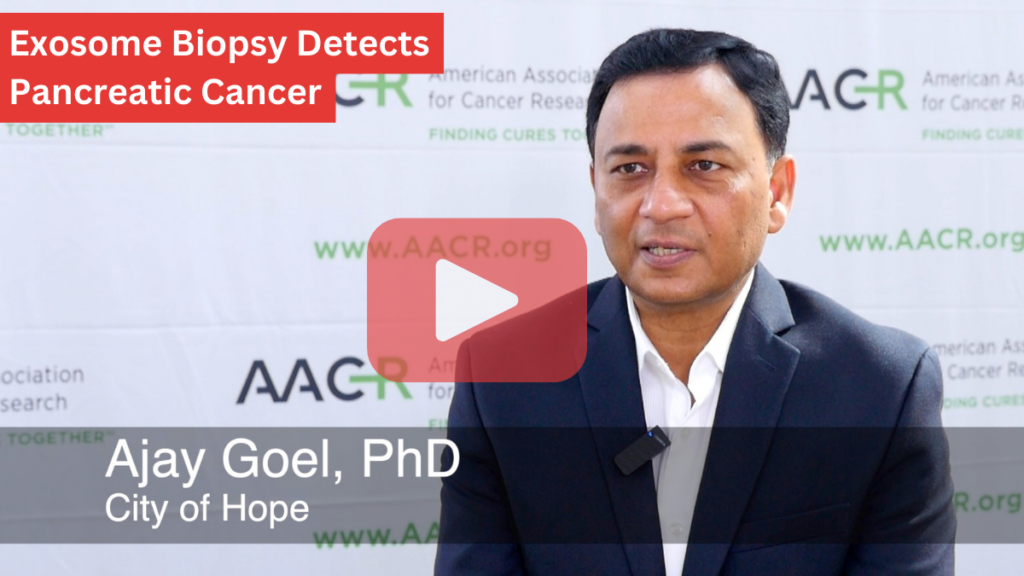Pancreatic cancer, notorious for its lethality and late-stage diagnosis, presents significant challenges in oncological treatment and patient survival. Dr. Ajay Goel’s recent research introduces a transformative approach to early cancer detection through a blood-based liquid biopsy, leveraging microRNAs and exosomes for unparalleled accuracy. This article delves into the study’s methodology, findings, and its profound implications for the future of oncology.
Early Detection: A Paradigm Shift
Dr. Goel’s study addresses a critical issue in pancreatic cancer treatment—the disease’s diagnosis at an advanced stage, rendering it inoperable and drastically reducing survival chances. The research aims to circumvent this through early detection, utilizing a novel liquid biopsy technique that could significantly impact patient outcomes by enabling surgical interventions at earlier stages.
The Role of MicroRNAs and Exosomes
The cornerstone of this innovative approach is the use of microRNAs, small gene fragments known for their sensitivity in detecting cancer. These microRNAs come in two forms: free-floating in blood, deriving from various cells, including tumor cells, and those within exosomes released by the cancer cells themselves. By combining these two sources, Dr. Goel’s team developed a test with enhanced sensitivity and specificity, capable of accurately identifying pancreatic cancer in its early stages.
Clinical Validation Across Populations
This groundbreaking test has been validated in a diverse cohort of approximately 1,000 individuals, including patients from the United States, Japan, China, and Korea. This wide-ranging study underscores the test’s effectiveness across different demographics, achieving an impressive 92-97% accuracy rate in detecting pancreatic cancer.
Implications for Global Oncology Practice
The universal applicability of this liquid biopsy test, underscored by its high diagnostic accuracy, heralds a significant advancement in oncology. Its ability to detect cancer early across various populations can lead to timely surgical interventions, offering patients a fighting chance against this formidable disease.
Overcoming Challenges and Looking Ahead
Despite its promising results, the implementation of this liquid biopsy test in clinical practice faces challenges, particularly concerning its adoption for widespread screening due to the relatively low incidence of pancreatic cancer. Dr. Goel suggests a targeted approach, focusing on high-risk groups with a predisposition to pancreatic cancer, as a more cost-effective and practical application of this breakthrough.
Future Directions in Research
The next steps involve expanding the test’s validation across larger cohorts and diverse populations to further stabilize its diagnostic accuracy globally. Additionally, this research opens new avenues for applying similar liquid biopsy techniques for other cancers, potentially ushering in a new era in cancer detection and treatment.
Conclusion: A Beacon of Hope
Dr. Ajay Goel’s work on developing a liquid biopsy for early pancreatic cancer detection stands as a beacon of hope in oncology. By offering a non-invasive, accurate, and early detection method, this research paves the way for significant improvements in patient outcomes, emphasizing the importance of early intervention. As the global oncology community eagerly awaits further developments, the potential for this technology to revolutionize cancer care is immense, marking a pivotal shift towards personalized and proactive treatment strategies.

